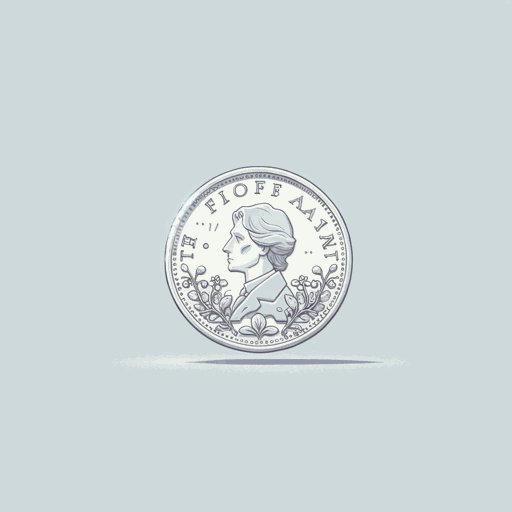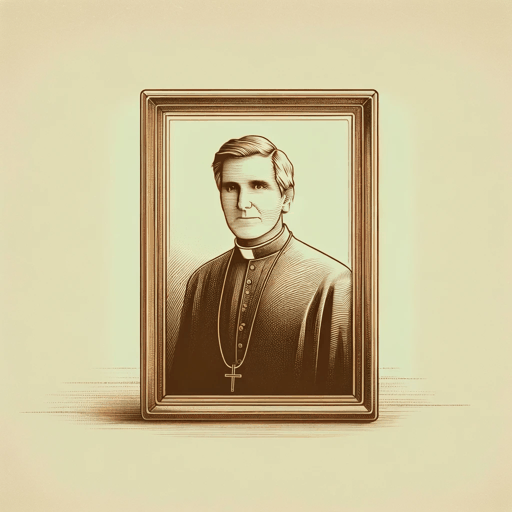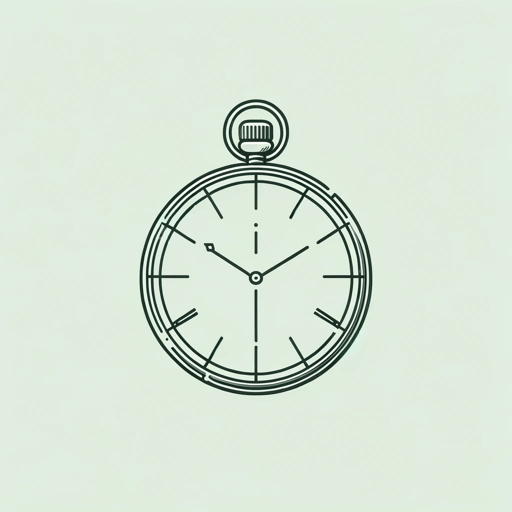30 pages • 1 hour read
James JoyceCounterparts
Fiction | Short Story | Adult | Published in 1914A modern alternative to SparkNotes and CliffsNotes, SuperSummary offers high-quality Study Guides with detailed chapter summaries and analysis of major themes, characters, and more.
Story Analysis
Analysis: “Counterparts”
In “Counterparts,” James Joyce approaches character development through the techniques of modernism. On the surface, Farrington is a disgraceful figure, yet because of Joyce’s styling, a more complete depiction of him evolves. The devices of stream of consciousness and realism put an emphasis on the struggles of the individual. The result is a social commentary that criticizes the institutions that emasculate Irish men and lead them to unfulfilled lives bereft of opportunities, which drives them toward addiction and violence. The symbol of the circle creates cyclical movement in the story that serves to highlight Farrington’s entrapment. As an unremarkable man, Farrington’s plight stands as a cultural phenomenon rather than an anomaly.
Farrington is middle-aged and walks with a “heavy step” when summoned by his boss. He is not a young man who is eager to make a name for himself in his employment, but one who has put in many years and grudgingly carries out his duties. In fact, Farrington finds it difficult to concentrate on Mr. Alleyne’s tirade as his thoughts drift toward his desire to physically harm his boss and his need for alcohol: “[He] stared fixedly at the polished skull which directed the affairs of Crosbie and Alleyne, gauging its fragility.
Related Titles
By James Joyce

An Encounter
James Joyce

A Painful Case
James Joyce

A Portrait of the Artist as a Young Man
James Joyce

Araby
James Joyce

Clay
James Joyce

Dubliners
James Joyce

Eveline
James Joyce

Finnegans Wake
James Joyce

Ivy Day in the Committee Room
James Joyce

The Boarding House
James Joyce

The Dead
James Joyce

The Sisters
James Joyce

Two Gallants
James Joyce

Ulysses
James Joyce

